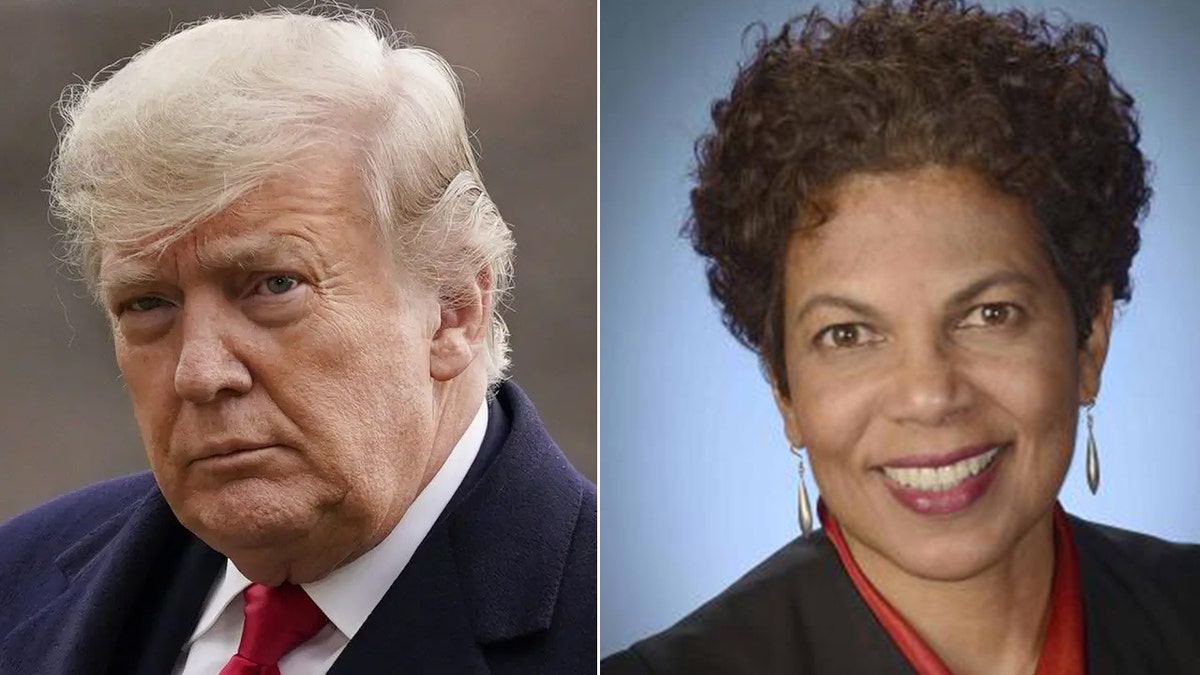Following President Trump's pardons of numerous January 6th defendants, a wave of criticism ensued, labeling those pardoned as "dangerous criminals." But does this narrative accurately reflect the situation, especially given the potential challenges in securing an impartial trial in the District of Columbia?
Former federal prosecutor and current defense attorney William Shipley offers a unique perspective. He argues that the highly charged political climate in Washington, D.C., created a jury pool potentially biased against January 6th defendants. This unusual circumstance led many defense attorneys, including Shipley, to advise clients to opt for bench trials, where a judge, rather than a jury, determines the verdict.
While bench trials might appear to offer a more neutral setting, Shipley points out a critical issue: the judges themselves had repeatedly heard the general evidence surrounding the January 6th events. This familiarity, while expediting proceedings by allowing prosecutors to focus on defendant-specific evidence, potentially compromised the impartiality of the fact-finders. The judges were not blank slates.

Shipley highlights strong statements made by several D.C. District Judges following the pardons, questioning their neutrality. Judges like Beryl Howell, Colleen Kollar-Kotelly, Tanya Chutkan, Amy Berman Jackson, and Paul Friedman all issued opinions critical of the pardons and the events of January 6th, language that Shipley argues reflects a pre-existing bias.
Even Judge Emmet Sullivan, Shipley notes, used inflammatory language like "terrorist" before a defendant had a chance to present a defense. This charged atmosphere, Shipley contends, underscores the difficulty of obtaining an unbiased hearing in the nation's capital.
Shipley maintains that despite the judges' expressed views, he would still advise clients to choose bench trials over jury trials in D.C. due to the perceived bias within the jury pool. He concludes that the criticism of Trump's pardons often overlooks the potential lack of fairness in the judicial process itself, a critical factor that should be considered when evaluating the pardons' legitimacy.
Comments(0)
Top Comments